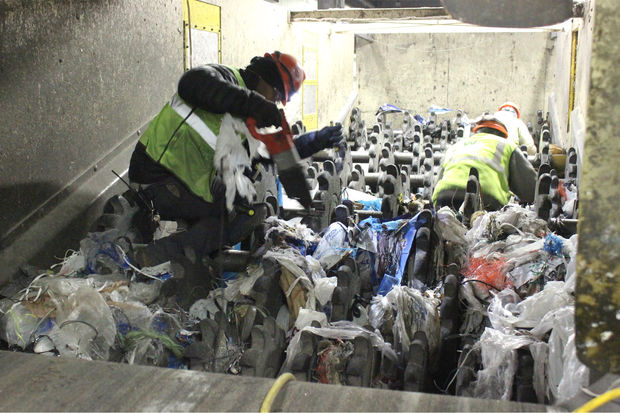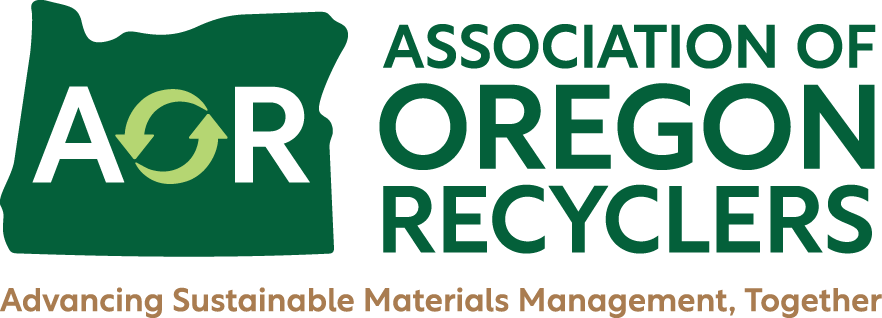West Coast News
Planned West Coast Manufacturing Facility Will Use Recycled Food and Beverage Cartons to Produce Sustainable Building Materials
DENTON, TX; July 10, 2024 – The Carton Council, Elof Hansson and Upcycling Group have partnered to open a new facility in the second half of 2025 that will transform post-consumer food and beverage cartons into durable, sustainable building materials, creating another domestic market for recycled cartons.
California’s carpet industry to pay more than $1M for recycling failures
The California Department of Resources Recycling and Recovery (CalRecycle) announced March 30 that the Carpet America Recovery Effort (CARE) will pay the state of California $1,175,000 in penalties for its repeated failure from 2013 through 2016 to meet recycling and landfill diversion goals under California’s Carpet Product Stewardship Law. The settlement agreement follows a California Third District Court of Appeal ruling affirming administrative civil penalties against CARE, which is an organization that represents carpet manufacturers.
Lawmakers revive expansive California EPR proposal
California legislators introduced a bill that creates a packaging stewardship organization and adds packaging fees paid by producers. The bill is the latest in a flurry of plastics-related legislative activity in the state.
New Department of Ecology Program in State of Washington Gives One-Time Grants to Build Local Recycling Markets
As some local governments in Washington consider steps to reduce the rising cost of their recycling programs, we’ve signaled our intent to increase the value of recycled commodities by investing a half-million dollars in local communities. Ecology’s Recycling Development Center awarded a total of $504,073 to 10 local governments and one university to help develop and grow markets for recycled materials. The Center was established by the Washington State Legislature in 2019 to strengthen existing markets for recyclable materials.
Washington Senate passes bill to promote recycled content in plastics and reduce expanded polystyrene
The Washington Senate approved legislation March 2 that would require increased recycled content in plastic beverage containers, trash bags and bottles for household products; ban expanded polystyrene food ware, recreational coolers and packing peanuts; and require that utensils, straws, cup lids and condiments only be provided to customers on request.
Continue reading at Waste Today
REPORT: Transformation of Pacific NW waste & recycling by 2040 would bring tens of thousands of jobs and cut pollution
Press Release from the Center for Sustainable Infrastructure
Groups call for California bottle bill revamp
Two advocacy groups and a consulting firm they hired have prepared a 20-page report saying a “precipitous decline” in funding for California’s bottle bill has led to redemption rates falling from a peak of 85 percent to 66 percent in recent years. The bottle bill legislation has an 80 percent target rate.
Plastic bags continue to complicate curbside recycling
 Plastic film has long been identified as a major contaminant in municipal materials recovery programs. Research from the West Coast shows just how challenging it has been to educate residents around proper bag behavior.
Plastic film has long been identified as a major contaminant in municipal materials recovery programs. Research from the West Coast shows just how challenging it has been to educate residents around proper bag behavior.
The Recycling Partnership releases West Coast Study
According to a study from The Recycling Partnership, large and mid-sized cities in California see an average contamination rate of around 20%, a finding that underscores the complications of aligning enthusiastic residents with local-program realities.
The Recycling Partnership, an organization that is backed by corporate stakeholders and is geared toward improving municipal recycling in the U.S., undertook research in 2019 to better understand material quality in communities of 50,000 people or more in California, Oregon and Washington.
California could become the first state to ban single-use plastics
The ban in California could have impacts on the sector in other states, because any company importing goods to California would have to comply with its plastic standards. Much like California’s emissions standards tend to cause changes in the automotive industry nationally, such a bill has the potential to shift the plastic landscape more broadly.


